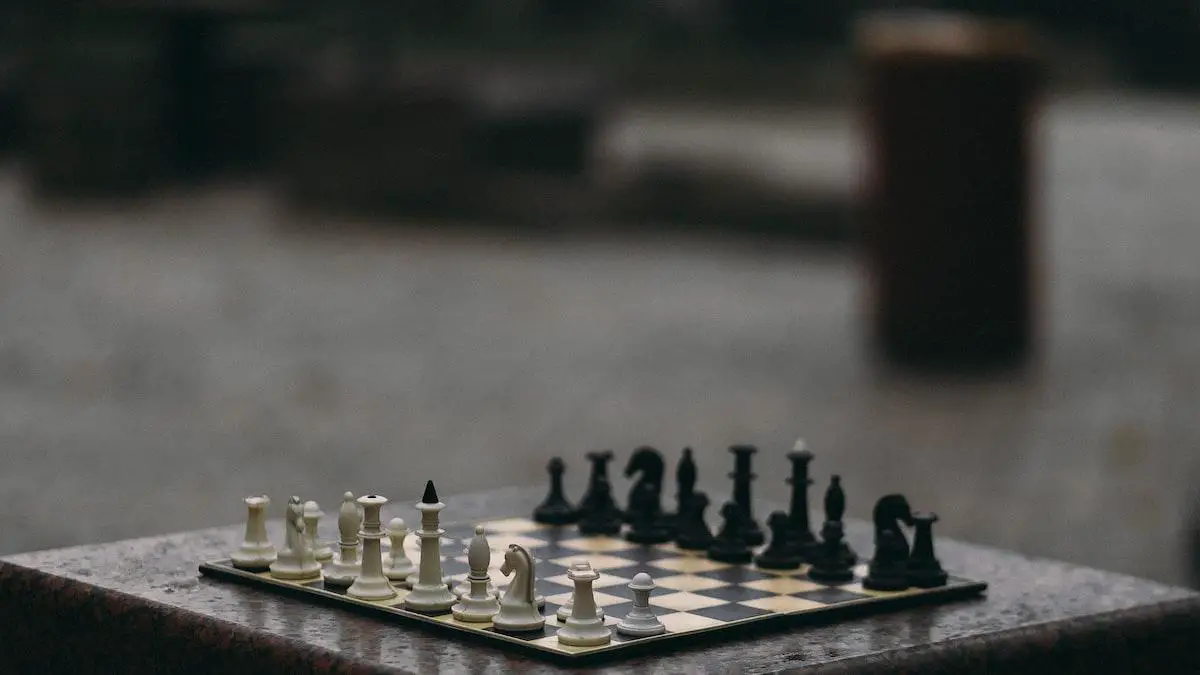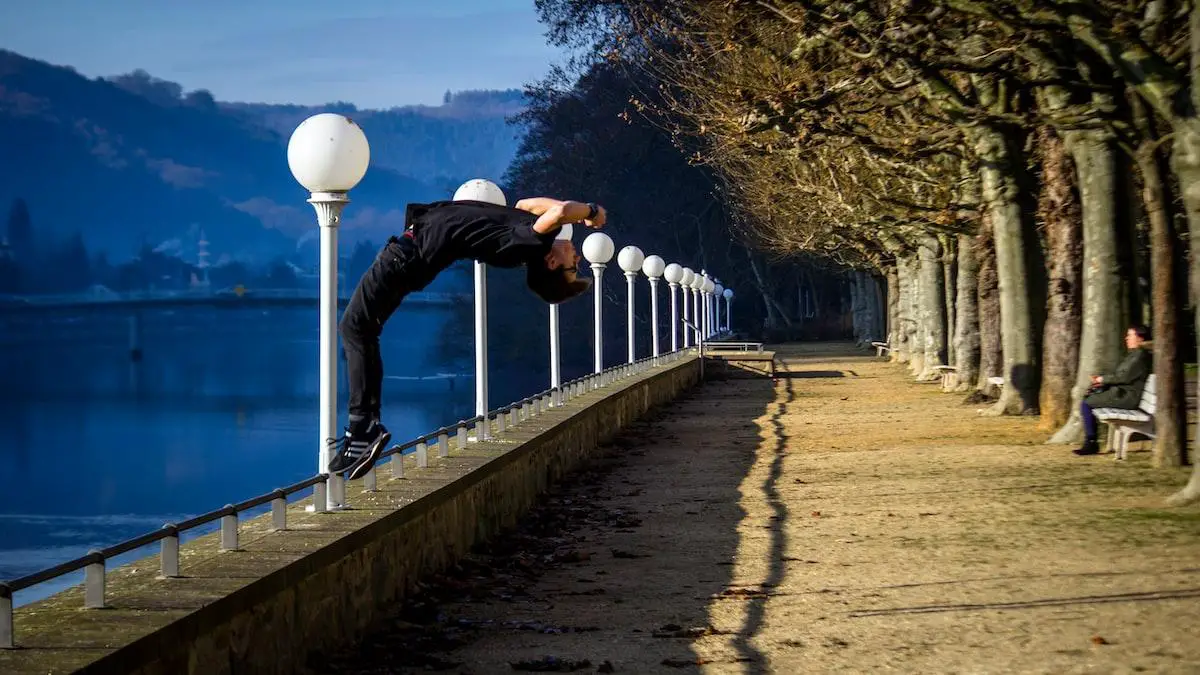When it comes to playing chess, there’s no shortage of advice out there. From YouTube tutorials to strategy guides, players new and old are bombarded with recommendations on how to improve their skills. However, not all tips are created equal. In fact, some chess tips can be downright harmful to your gameplay. That’s why, as a Search Engine Optimization Expert and a Content Writer, I want to share with you the top 5 really bad chess tips that you should avoid at all costs. By steering clear of these common pitfalls, you can maximize your chances of success and take your game to the next level.
5 Really Bad Chess Tips to Avoid

1. Never move pawns: This is a common piece of advice given to beginners who are just starting out with the game. The idea is that by leaving your pawns in place, you can conserve more pieces and keep them protected. However, this strategy is flawed in several ways. For one, it can lead to stagnation on the board and make it difficult to develop your pieces. Additionally, pawns are an integral part of the chess game and can be used to control the board, attack your opponent’s pieces, and support your own. By ignoring your pawns, you are missing out on a valuable resource and hindering your gameplay.
2. Sacrifice your queen early in the game: Some players may suggest sacrificing your queen early on in the game as a way to gain an early advantage. However, this tactic is usually a recipe for disaster. The queen is the most powerful piece on the board, and losing it can be a significant blow to your strategy. Additionally, sacrificing your queen early on can give your opponent an opportunity to develop their pieces and launch a counter-attack, leaving you at a disadvantage. Overall, sacrificing your queen is a risky move that is best avoided unless you have a clear and well-thought-out plan.
3. Ignore your opponent’s moves: One of the most important aspects of playing chess is being aware of your opponent’s moves and anticipating their strategy. However, some players may advise ignoring your opponent’s moves and concentrating solely on your own game plan. This is a mistake. By ignoring your opponent’s movements, you are leaving yourself vulnerable to attacks and missing out on opportunities to gain an advantage. It’s important to keep an eye on what your opponent is doing and adjust your strategy accordingly.
4. Always move your knights first: Another common myth is that knights should always be moved first. While knights are powerful pieces, this rule is too rigid and inflexible for effective gameplay. Every game is different, and your strategy should be tailored to the specific circumstances of each match. Moving your knights first may work in some scenarios, but it won’t always be the best move. It’s important to consider all your options and make decisions based on the current game state.
5. Focus only on attacking: Attacking your opponent’s pieces is an important part of the game, but it’s not the only objective. A balanced approach that also emphasizes defense and strategic positioning is crucial for success. Focusing solely on attacking can leave you vulnerable to counterattacks and limit your flexibility on the board. By considering all aspects of the game, you can develop a more well-rounded and effective strategy.
Top 5 Bad Chess Tips to Avoid

To clarify why these tips are bad, let’s take a closer look at each one. Never moving pawns may seem like a good way to protect your pieces, but it can also prevent your other pieces from moving forward and controlling the board. Sacrificing the queen early on may lead to an early advantage, but the loss of such a powerful piece can put you at a significant disadvantage later in the game. Ignoring your opponent’s moves can leave you unprepared for their attacks and unable to take advantage of openings they create. Always moving knights first can limit your options and make you predictable. And, focusing only on attacking can make you vulnerable to counterattacks and leave you without a plan for defending your own pieces. In short, each of these tips can be counterproductive in achieving an overall winning strategy. It’s important to be aware of these pitfalls and make sure to consider all the pieces and possible moves on the board before committing to any action.
Why Ignoring Opponent’s Moves is a Mistake
So, what can you do to improve your chess game? First, it’s essential to focus on strategy and planning. Consider the long-term implications of each move, and strive to develop a comprehensive plan for achieving your goals. This means paying attention to pawn movements, as well as the positioning of your other pieces. Second, it is important to learn and understand basic chess rules and principles. By mastering the fundamentals, you can build a solid foundation for more advanced strategies and tactics. There are many resources available, from books and tutorials to online chess communities and apps, that can help you improve your skills. By practicing regularly and studying the game, you can become a stronger player and enjoy the intellectual challenge of chess.
Tips for Improving Your Chess Game
In conclusion, while there is no shortage of advice on how to improve your chess game, it’s important to be mindful of the quality of that advice. Avoiding tips like never moving pawns, sacrificing your queen early in the game, ignoring your opponent’s moves, always moving knights first, and focusing only on attacking can help you avoid common pitfalls and focus on developing a winning strategy. Instead, focus on strategy and planning, learn and understand basic chess rules, and practice regularly. By avoiding bad chess tips and focusing on improving your skills, you can become a stronger player and enjoy the timeless challenge of the game of chess.
Chess Tips FAQ: Improve Your Game
Sure, here’s an FAQ section for the blog article on “5 Really Bad Chess Tips to Avoid”:
Why are these tips considered bad?
These tips are considered bad because they can be counterproductive in achieving an overall winning strategy. For example, never moving pawns may seem like a good way to protect your pieces, but it can prevent your other pieces from moving forward and controlling the board. Sacrificing the queen early on may lead to an early advantage, but the loss of such a powerful piece can put you at a significant disadvantage later in the game. Ignoring your opponent’s moves can leave you unprepared for their attacks and unable to take advantage of openings they create. Always moving knights first can limit your options and make you predictable. And, focusing only on attacking can make you vulnerable to counterattacks and leave you without a plan for defending your own pieces.
Can’t these tips be useful in certain situations?
While these tips may have some situational usefulness, they are generally considered bad advice. Pawn structures, for example, can be complex and require careful strategic planning. Sacrificing the queen can sometimes lead to unexpected victories, but it’s generally more effective to develop a stronger overall strategy. Ignoring your opponent’s moves without considering defensive measures can leave you vulnerable to counterattacks. Always moving knights first can make you predictable and limit your options. Focusing only on attacking can make you vulnerable to traps and counterattacks.
How can I improve my chess game?
To improve your chess game, it’s essential to focus on strategy and planning. Consider the long-term implications of each move, and strive to develop a comprehensive plan for achieving your goals. This means paying attention to pawn movements, as well as the positioning of your other pieces. Additionally, it is important to learn and understand basic chess rules and principles. By mastering the fundamentals, you can build a solid foundation for more advanced strategies and tactics. There are many resources available, from books and tutorials to online chess communities and apps, that can help you improve your skills. By practicing regularly and studying the game, you can become a stronger player and enjoy the intellectual challenge of chess.
Are there any other bad chess tips to avoid?
Yes, there are many bad chess tips to avoid. Some examples include always playing for checkmate, focusing too much on the center of the board, and neglecting the development of your minor pieces. It’s important to consider each piece and aspect of the game when developing a strategy, and to be aware of common misconceptions and pitfalls.
Can bad chess tips harm my gameplay?
Yes, bad chess tips can harm your gameplay by leading to ineffective strategies, missed opportunities, and losses. It’s essential to be mindful of the quality of advice you receive and to develop a solid understanding of the game’s rules and principles. By avoiding bad chess tips, you can maximize your chances of success and take your game to the next level.